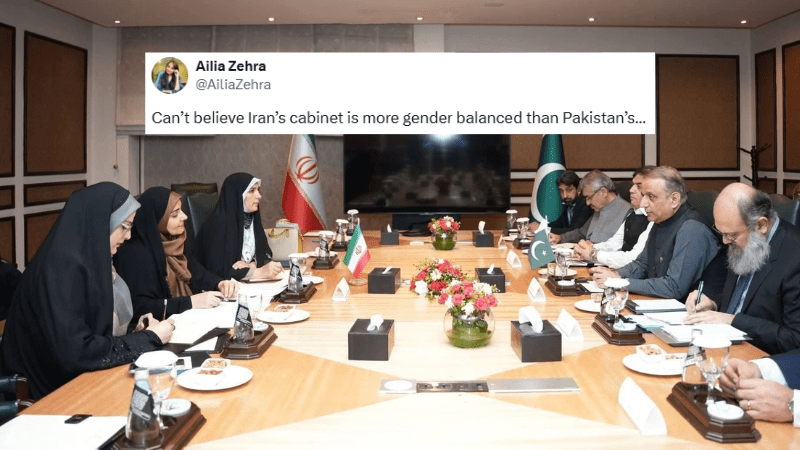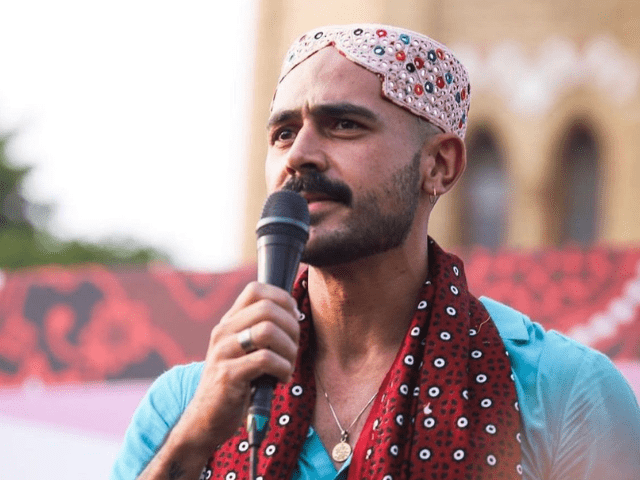Nabeel Qureshi doesn't want to court controversy with film on 'air of mistrust' after the fall of Dhaka
Director Nabeel Qureshi is more than ready to see his film Khel Khel Mein released in cinemas, an ambitious project that hopes to be Pakistan's first film released since the Covid-19 lockdown began.
The film stars Sajal Aly and Bilal Abbas among others and has director-producer duo Nabeel Qureshi and Fizza Ali Meerza at the helm of the project. The movie features veteran actor Marina Khan as well as Sheheryar Munawar, Javed Sheikh and Manzar Sehbai.
The trailer for Khel Khel Mein was recently launched at a special event on Monday that featured the cast as well as the team behind the project. According to the team, the plot revolves around "the air of mistrust" between Pakistan and Bangladesh after the fall of Dhaka in 1971. It sees a group of college students explore the subject and its history through a play.
Director Qureshi told Images that while a lot has been done on India-Pakistan in movies and television dramas, we don't see much about Bangladesh. "It seems like a no-go area," he said.
As a filmmaker, Qureshi wanted to "find out the facts and disclose them" through Khel Khel Mein. "What we've heard in relation to the 1971 war has come from either western or Indian propaganda. I wanted the film to put the facts in front, not the propaganda," he said.
The 1971 war is a tricky subject because it is understood through more than one narrative. What is the fall of Dhaka for many in Pakistan is considered independence for those in Bangladesh.
The movie, however, is not meant to trigger controversies or disputes. According to Qureshi, while he has no control over "people creating controversy" out of Khel Khel Mein, it is mainly meant to convey a message of peace and harmony between the people of Pakistan and Bangladesh as well as the intention to "move forward" together.

The producer hopes that Bangladeshi viewers will be as pleased with the movie as those in Pakistan will. "Khel Khel Mein is a step towards realising there needs to be mutual apology between Pakistan and Bangladesh," Qureshi said. "Both sides made mistakes. We need to let go of the past, forgive each other and grow up together."
Many film and television projects that touch upon nationalism are usually associated with the ISPR. However Qureshi's Khel Khel Mein is not one of them, although advice on certain subject matters was sought from the military's media wing. "This project is neither funded by the ISPR, nor did they have any hand in the production or script. We did have to discuss a few things with them in regards to certain topics," said Qureshi.
While the filmmaker and team listened to the ISPR, they also pushed through with showing certain issues in the movie they felt strongly about. "We did put our foot down on certain things," he said. "We're grateful to ISPR. They were very generous, especially with assisting us with logistics like providing us jeeps."
“Khel Khel Mein is very different compared to all my other films. We shot it during the Covid-19 pandemic and it’s a product of a lot of thought, hard work, and love. I hope people will come watch the film with the same love we made it with,” Qureshi said in a press release issued after the event.
The movie is set to be released on November 19 in cinemas across the country.













Comments